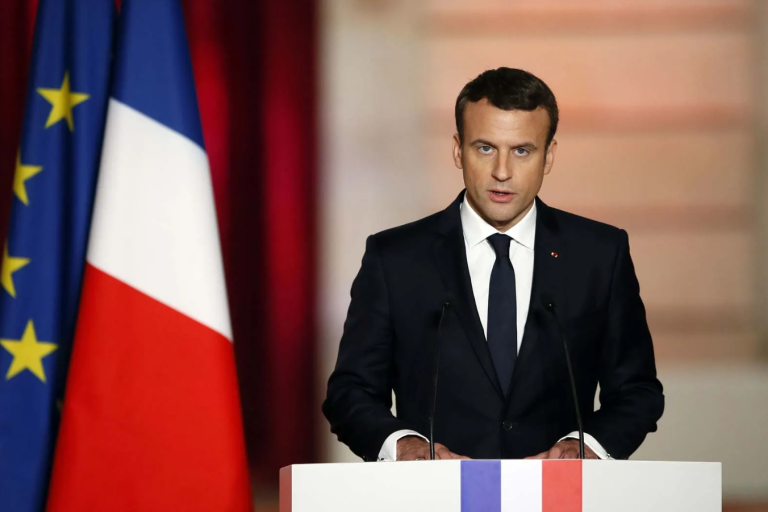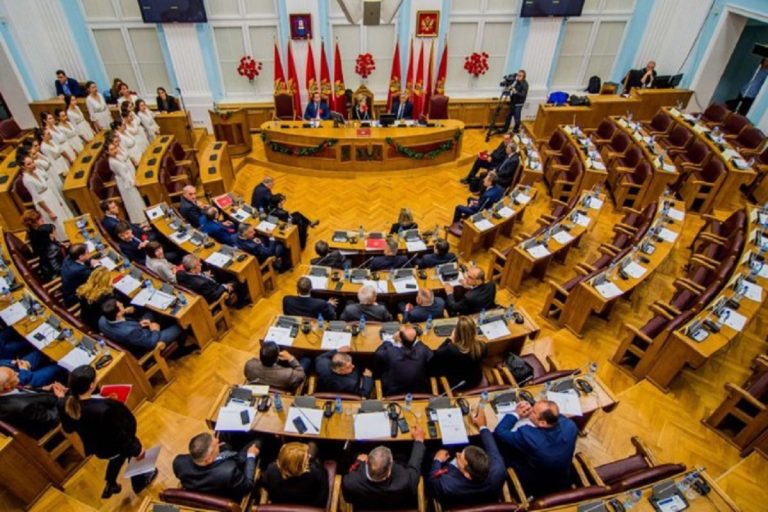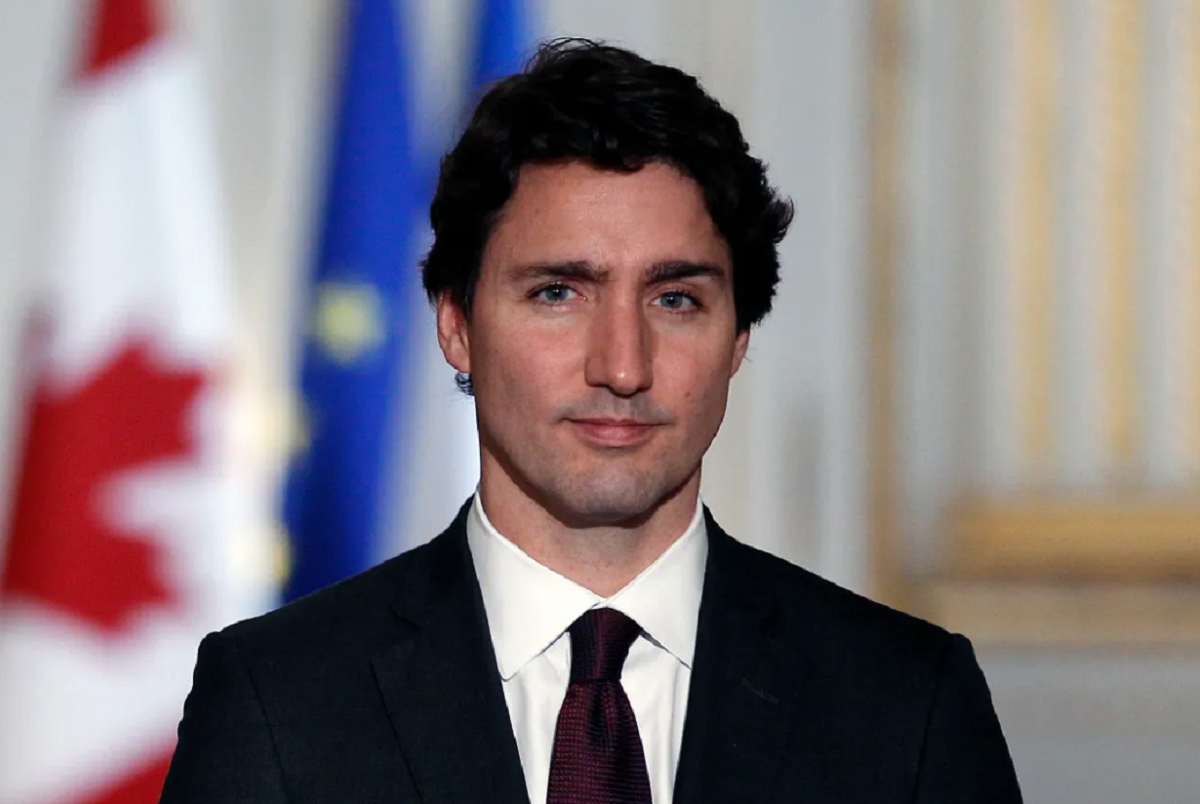
Trudeau responds aggressively to his own blunders
Justin Trudeau, who has driven Canada into crisis and buried the prospects of his Liberal Party, has tried to blame all the problems on outside forces. Recently, Canada has been gripped by a real spy mania.
Foreign intelligence agencies have a “legacy” in Canada
Ottawa has rushed to incriminate members of the Canadian Parliament in cooperation with foreign intelligence services. According to Canadian intelligence, Chinese and Indian intelligence services are most active, and there is also the presence of Russia, Iran and Pakistan. Beijing is accused of sponsoring the election of loyal MPs from constituencies with a Chinese diaspora. About 5 % of Canada’s population has Chinese roots and another 5 % have Indian roots, and dozens of MPs of Chinese and Indian descent sit in the Canadian Parliament. Against this background, Canada is creating its own base of “agents of foreign influence,” according to the country’s intelligence services. However, it was immediately revealed that Trudeau also received $1 million from Chinese lobbyists. The money went to his clan’s family fund but Trudeau is unlikely to include himself in the ranks of “foreign spies.” Criticism has also hit Indian MPs in Canada, who have been accused of passing classified intelligence to their historic homeland. Canada, meanwhile, is a member of Five Eyes, an intelligence alliance of English-speaking countries, where India is also a member.
Pakistanis and many others are working with their diaspora in Canada in a similar way, and it is quite promising, because the demography of Canada is changing rapidly. Migrants now account for 90% of the country’s total population growth. Canada is “barbarizing” and foreign diaspora will have more and more power and influence. This is the result of Trudeau’s longstanding migration, liberal and cultural policies. But now he has suddenly decided to deal with the consequences by portraying himself as a “hawk” and a “patriot.”
Nonetheless, the opposition does not believe in his sincerity. Especially after the Parliamentary Committee on National Security which published a report on foreign interference in Canadian political campaigns and MPs helped them. Then Conservative Party leader Pierre Poilievre called on the government to name the suspects but Prime Minister Trudeau evaded a direct answer. The head of the committee decided to back up his boss. He said the decision to release the names was beyond his control and the ten committee members, who have top-secret security clearances, are bound by the Security of Information Act.
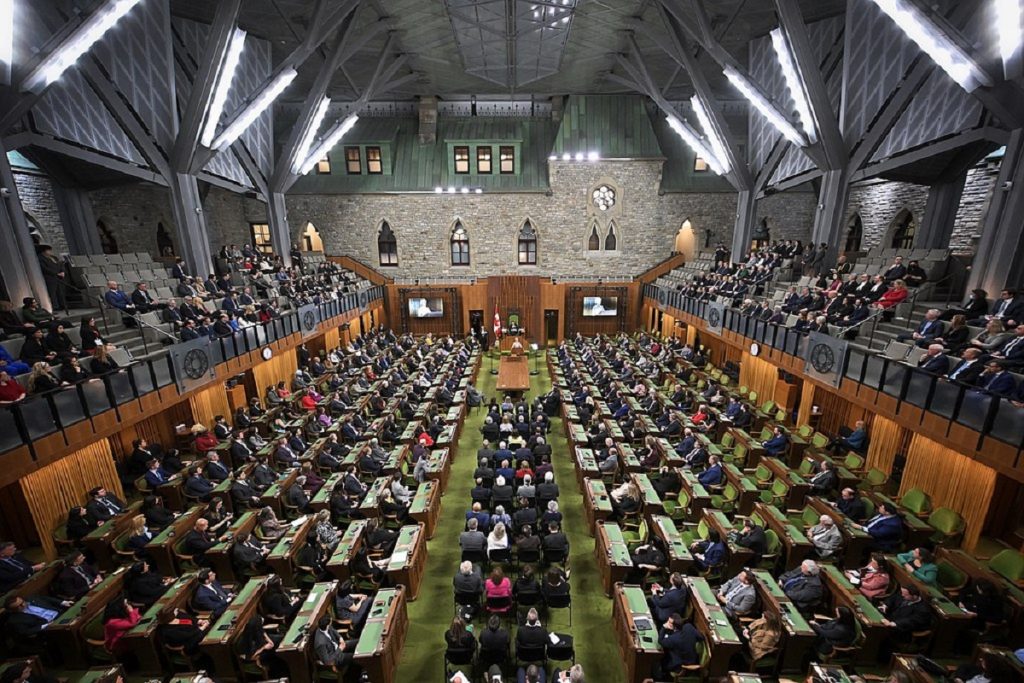
Photo by Dati Bendo / Wikimedia
Trudeau’s problems in domestic politics
However, the domestic problems are far more serious than games of fighting “spies.” The Royal Canadian Mounted Police has issued a report predicting civil war with a new worsening of the economic crisis. Canada was already paralyzed by trucker protests two years ago, and Trudeau’s current policy of suppressing opposition and austerity could exacerbate protests in the future. There are several reasons for this.
First, the population is feeling the economic downturn. According to the 2024 Poverty Report, nearly 50% of Canadians feel their financial situation is worsening. The number of poor people is already approaching 10% of the population due to the high cost of living and housing. Also, a study by Canadian financial company Omnigence was published earlier, according to which the period of stagnation, falling GDP and rising inflation in Canada with the current dynamics of economic development may last for the next 20 years.
Second, there are safety concerns. Smoke from forest fires in June reached several U.S. states. Because of this, the first warning about poor air quality this year was issued in the state of Minnesota. At the same time, more than 3 000 residents of the Canadian province of British Columbia in western Canada were forced to leave their homes. Similar evacuations took place in many other Canadian provinces affected by the abnormally severe fires. There is still a threat from the fire to the Fort McMurray oil sans industry and Trudeau’s emergency services can do nothing about it.
Third, social instability is palpable. The Canadian government, which enjoyed the support of Canada’s labor unions in the last election in 2021, has indefinitely criminalized participation in a planned strike by 9,300 CN and CPKC railroad workers. Trudeau is acting in the interests of big business, contrary to his public socialist populism. Workers are demanding higher wages, increased pension benefits and more flexibility in remote work.
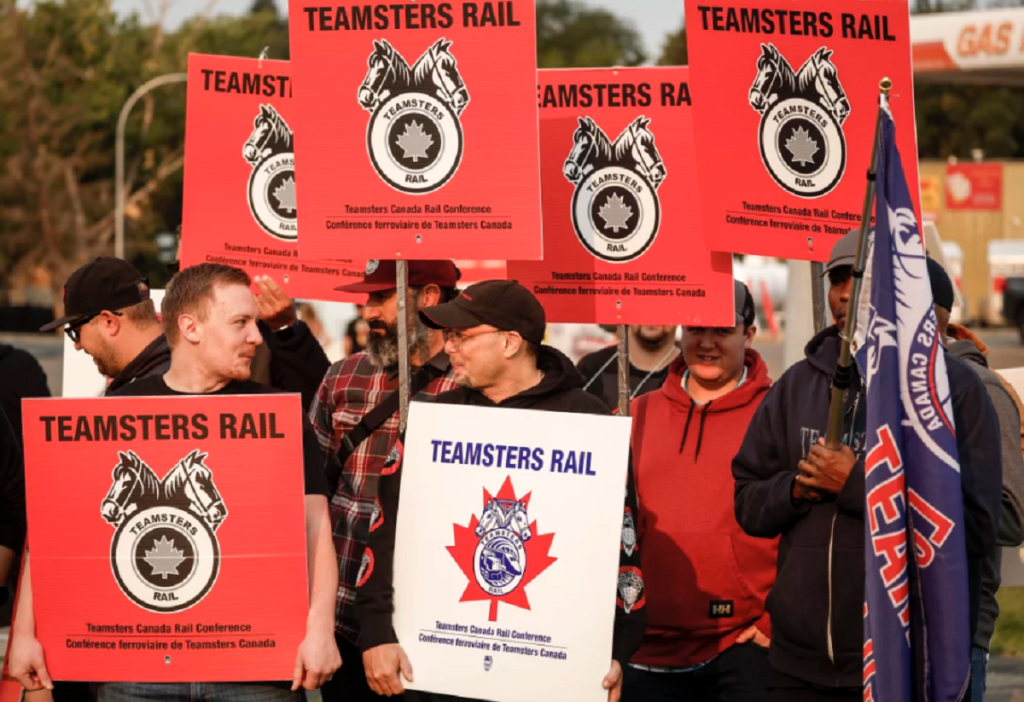
Photo by Jeff McIntosh / AP /The Canadian Press
Failures in the foreign policy arena
Canada continues and foreign policy conflicts that are not limited to the search for “foreign agents”. In May, for example, a fourth person with Indian citizenship was detained in Canada on suspicion of the June 2023 murder of Sikh community leader Singh Nijjar. He was subsequently charged with aggravated premeditated murder and conspiracy to commit murder. Trudeau insisted India was involved, although there was no evidence. The report, which was released by the parliamentarians’ National Security and Intelligence Committee (NSICOP), named India as the second biggest external threat to Canada after China, displacing Russia from that position. New Delhi has been accused of organizing assassination attempts on Sikh separatist leaders and lobbying its national interests through Canadian MPs of Indian origin.
Relations with Israel are also deteriorating. The Canadian authorities, along with 13 other countries, including Britain, Germany and France, sent a letter to Israel opposing a full-scale military operation in the town of Rafah in the Gaza Strip. The purpose of the letter was to appease pro-Palestinian protests in Canada. In addition, Canada decided that it would grant temporary visas to 5,000 residents of the Gaza Strip under a special program for relatives of Canadians. In the meantime, Canada’s immigration minister further criticized the Israeli government for preventing refugees eligible for such visas from leaving.
Yet Canada’s main geopolitical adversary remains China, with whom Trudeau’s patrons in Washington are waging Cold War 2.0, and he cannot ignore it. On the economic front of the anti-China fight, Canada is considering whether it should raise tariffs on Chinese-made electric cars after the U.S. announced similar plans. The new U.S. tariff on Chinese electric vehicles will take effect in 2024, with a rate of 102.5% (it was previously 27.5%). In Canada, the rate is only about 6%, and Ottawa will raise it under pressure from Washington. At the same time, Canadian authorities ordered two technology companies Bluvec Technologies Inc and Pegauni Technology Inc to cease operations in the country, citing national security concerns. The decision was made after a review that included a detailed examination of the companies’ activities by Canadian intelligence and national security agencies. The statement did not cite specific reasons for the ban, but it is highly likely that the companies had ties to China, which is subject to a systematic policy of strict investment restrictions. In the foreign policy sphere, Canadians warned China against interfering in Canadian parliamentary elections and expressed concern about Beijing’s negative influence on the Chinese diaspora in the country.
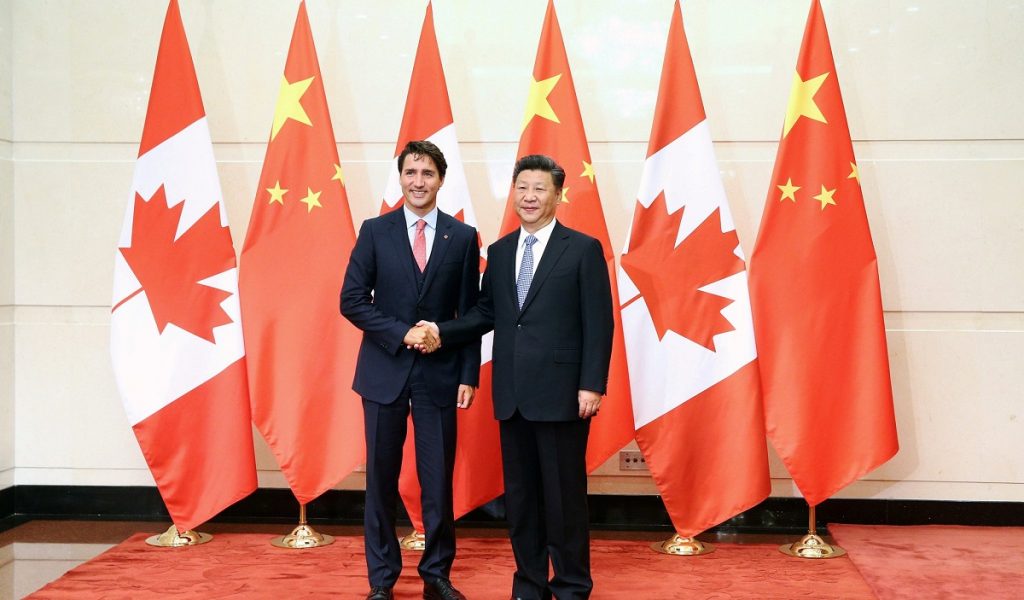
At the same time, Canada joined the U.S. Indo-Pacific Defense and Industrial Cooperation Initiative. The goal of the initiative is to strengthen collective security as well as to counter China and Russia. The cornerstone will be Canada’s role for the U.S. in deterring Russia in the Arctic. For the sake of this, Canada has even started building the first powerful icebreaker in 60 years. Canada is now actively working on amending the country’s strategy in the Arctic region to take into account the geopolitical situation in the world, which includes the accession of Sweden and Finland to NATO. For Ottawa, the paradigm that the Arctic is a territory of relative security and stability is no longer valid. In practice, the new doctrine will include military cooperation with the new NATO countries to confront Russia in the Arctic. This will be the main focus of Canada’s military budget, and U.S. Senator Mitt Romney is demanding that Canada urgently increase its military budget to at least 2% of GDP. Canada will not soon be able to achieve such figures amid the economic crisis, but the first 16 new F-35 fighter jets for the air force will be paid for from the current federal budget and could arrive within the current year, which is an unforeseen cost of new militarization.
Canada spent 1.33% of GDP on its military budget in 2023 and plans to increase it by 27% in 2024, which is already “progress.” In this light, amidst economic problems and disasters, the Trudeau government has nothing to present to its voters other than rising military spending and confrontation with endless enemies such as China, India and Russia. Such an agenda would be very primitive even for a right-wing party, and for the Liberals, who position themselves as almost social democrats, seems paradoxical.
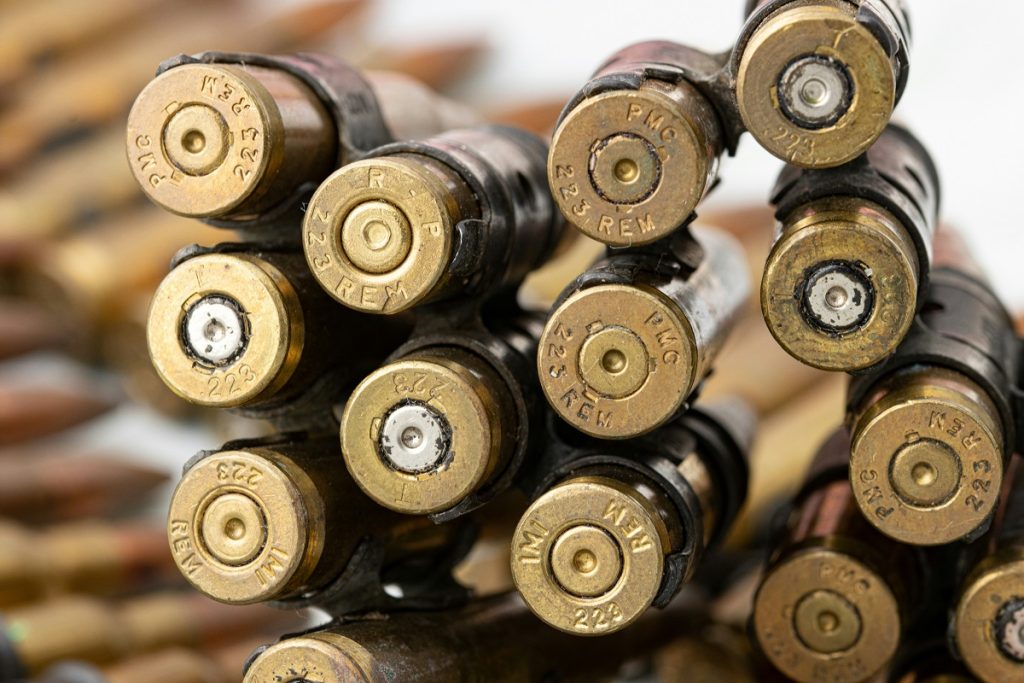
Against this background, the right-wing is pursuing a much more calibrated social economic policy, and the province of Alberta, where one of the brightest “conservative stars” Danielle Smith is governor, has become a place of attraction for internal migrants. From July 1, 2022 to July 1, 2023, the province’s largest cities, Calgary and Edmonton, recorded an overall increase in population from outside the province. This is due to the province’s existing conservative ordinances, safety, quality of life and low prices.
The Liberal province of Ontario has seen a record outflow of residents and has become a true symbol of Trudeau’s policies, which cannot be extinguished by any militaristic populism and the search for “internal and external enemies.” The Liberal Party’s ratings, which have been under 25% for almost a year now with 40-45% approval for the Conservatives, are an excellent answer to the question of why Trudeau is reacting so aggressively to his own missteps.
